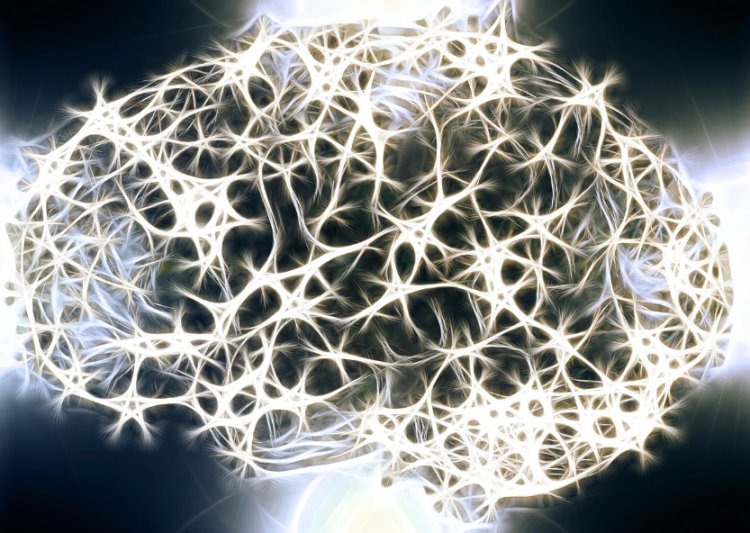Cognitive Health and Age: Understanding the Relationship and Promoting Brain Wellness
Cognitive health, the ability to think, learn, and remember, is crucial for maintaining independence and well-being as individuals age. However, aging often brings changes in cognitive function, from mild forgetfulness to conditions like dementia. Understanding the relationship between cognitive health and age is vital for developing strategies to promote brain wellness. This article explores the impact of aging on cognitive health, common age-related cognitive changes, risk factors for decline, and approaches to support cognitive function in older adults.

The Impact of Aging on Cognitive Health
As people age, physiological changes in the brain, such as alterations in neurotransmitter levels and reduced blood flow, can affect cognitive abilities like memory and attention. While some changes are normal, others may indicate neurological conditions like Alzheimer's disease.
Common Age-Related Cognitive Changes
Normal aging can lead to mild forgetfulness, slower processing speed, difficulty with multitasking, and challenges in learning new information. Distinguishing these changes from more concerning cognitive decline is crucial.
Risk Factors for Cognitive Decline
Aging is the primary risk factor, but genetics, cardiovascular risk factors, sedentary lifestyle, poor diet, chronic stress, and social isolation can also influence cognitive health.
Promoting Brain Wellness in Aging Adults
Lifestyle modifications and interventions can support cognitive health:
- Regular physical exercise improves blood flow to the brain.
- Healthy diets like the Mediterranean diet are associated with better cognitive outcomes.
- Cognitive stimulation through activities like puzzles and social interactions helps maintain cognitive function.
- Adequate sleep is essential for memory consolidation.
- Managing cardiovascular risk factors can prevent cognitive decline.
Conclusion
Cognitive health is influenced by genetics, lifestyle, and age. Understanding this relationship and adopting strategies to promote brain wellness can optimize cognitive function and quality of life as individuals age. Continued research and public health initiatives are essential for addressing age-related cognitive decline.
What's Your Reaction?





















